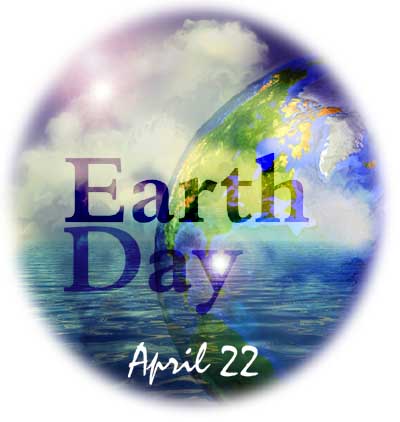 1) Don’t buy live saltwater fish caught in the wild for your aquarium. Be sure to choose marine life that is acquired safely, and sustainably Never return an aquarium fish or other marine creature into oceans, rivers, or estuaries.
1) Don’t buy live saltwater fish caught in the wild for your aquarium. Be sure to choose marine life that is acquired safely, and sustainably Never return an aquarium fish or other marine creature into oceans, rivers, or estuaries.
2) Conserve energy. Turn off lights, radio, or TV when you are not in the room.
3) Keep trash and chemicals out of storm drains. This includes pet waste. Storm drains flow into the sea and can pollute the water and cause beach closures.
4) Leave only bubbles. When snorkeling or SCUBA diving gently observe animals and do not feed them. Do not remove shells, rocks, or wildlife. Bring your trash back to the dock with you and secure your items so nothing goes overboard.
5) Bring Your Own. The trash we "throw away" doesn't disappear. Plastic bags, disposable food containers, snack wrappers, and other loose garbage can be washed into local waterways and eventually end up in the ocean where it poses a major hazard for marine life. Sea birds, turtles, seals, and other animals can mistake floating plastic for food or become tangled in it and die. So ditch the disposable lifestyle, and make a point to bring your own reusable shopping bags, beverage cups, and food containers.
6) To save water and energy (and cut down on expensive bills) only run a full dishwasher and air-dry your dishes.
7). Make smart seafood choices. Buy seafood that you know is being harvested sustainably and doesn’t contain heavy metals, such as mercury, that pose a risk to human health. Consult the Monterey Bay Aquarium’s seafood guide or NOAA’s Fish Watch that identifies the best choices to make to help preserve these fish stocks for future generations.
8) Hot out? Save energy by using fans instead of the air conditioner, keep your curtains closed to block out sunlight. If you must use the a/c set the thermostat to a higher temperature like 81 degrees instead of 75 degrees.
9) Change your ordinary light bulb to a compact fluorescent bulb. These bulbs last longer and use less energy.
10) Never flush your out of date prescriptions down the toilet, find a take back location to dispose of your medications properly.
11) Dispose of hazardous materials properly. Household cleaning products, paint, pesticides, fluorescent light bulbs, and batteries pose a threat to water quality. Find more information about free collection centers.
12) Recycle used motor oil. Don’t let motor oil spill on the ground because rain will wash it into the storm-water drains, and from there out to sea, where it can harm or kill marine life
13) Don’t purchase items that exploit marine resources unnecessarily such as coral jewelry and supplements such as coral calcium and shark cartilage.
14) Eat less meat. The ecological footprint of vegetarians who eat a moderate amount of milk and eggs could be 40% lower than their counterparts who consume a low-meat diet.
15) To save water (and cut down on expensive bills) take shorter showers and install low-flow shower fittings, like EPA’s WaterSense products.
Tips courtesy of Thank You Ocean, The Smithsonian's Ocean Portal, and WWF
For more tips visit:
http://www.thankyouocean.org/take-action/what-you-can-do/
http://ocean.si.edu/ocean-news/5-simple-things-you-can-do-ocean